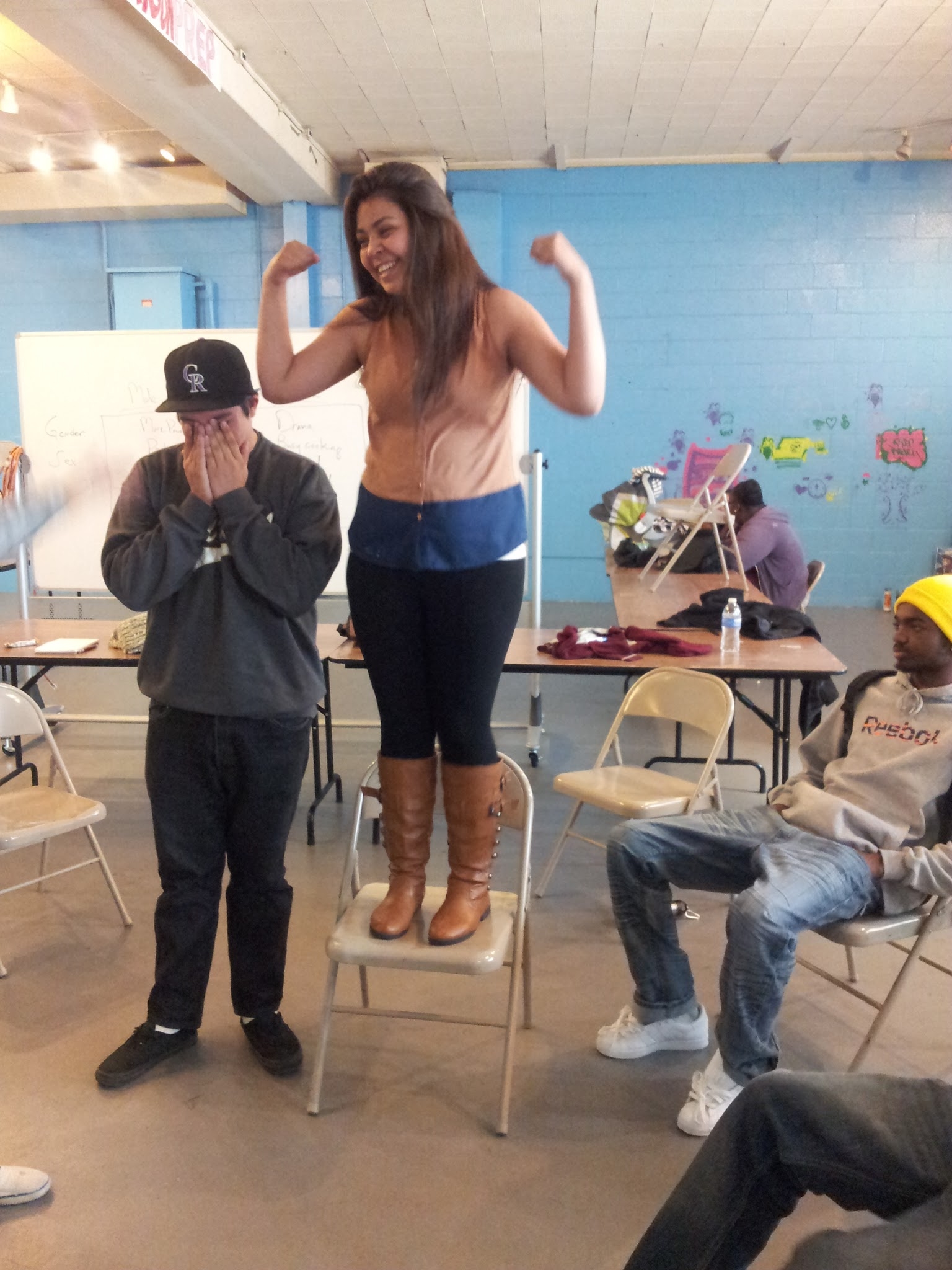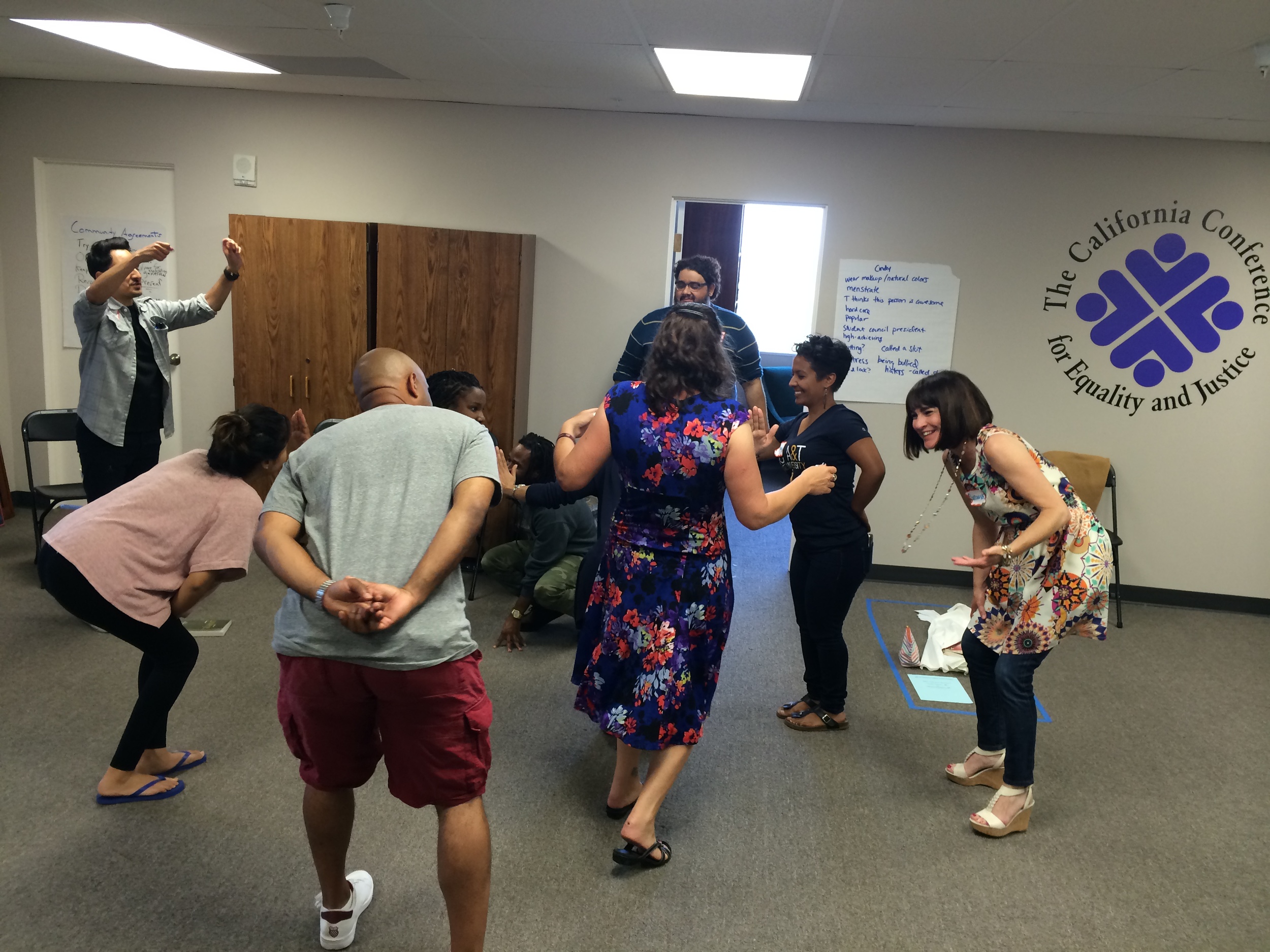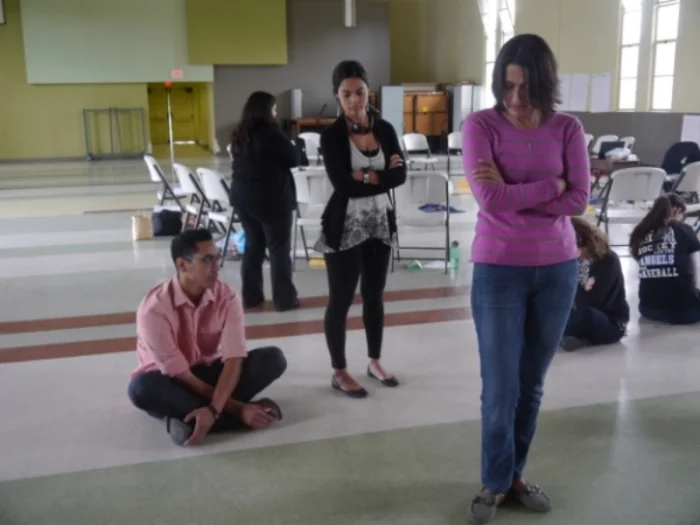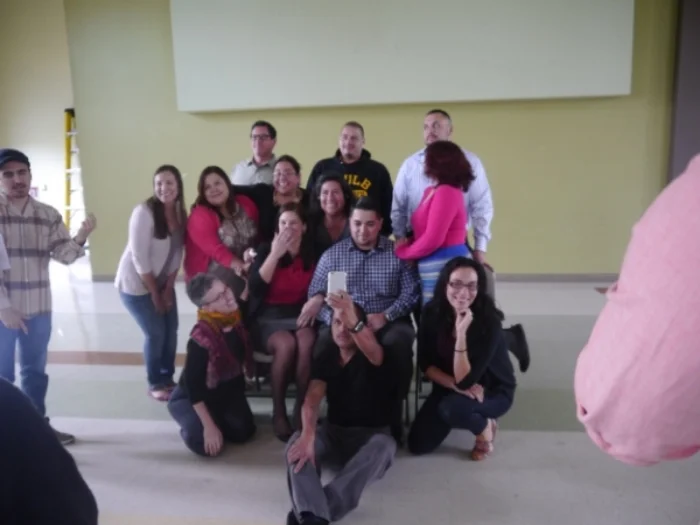Drama and Theater in Education
Workshops and Trainings using Applied Theater Techniques such as Theater of the Oppressed, Process Drama or Drama and Theater in Education techniques and processes, where drama and theater are a part of the embodied work of the workshop as a means to achieve a learning goal or outcome, and/or to reflect on given or explored issues and beginning stimulus for change of behavior or learning of skill or skills.
Theater of the Oppressed workshops for youth and community devised theater
For Creative Writing or Life Skills classes, Drama and Applied Theater is used for participants to view and examine their choices and reactions to various incidents or scenarios and then practice or rehearse various responses for future use, to be the tellers of their own stories and present their community to others. Youth to adults.
To see more about this process please click here or on the image below.
Gender Workshops
Using Image Theater and combination of Process Drama and Rainbow of Desire techniques to create spaces where participants can explore the socialization of gender identities and the impact and consequences of gender roles and expectations by creating a space where participants take on roles within the context of gossip and social harms and peer pressure to create understanding of harms and conflicts in interpersonal relationships, can be part of gender workshops. Youth to adults.
LIFE
Students take on embodied version of a live simulation of school working towards graduation where participants must make choices and decisions based on scenarios such as peer pressure and experience consequences, also connected to privileges. Grades 8 to 12.
Theater of the Oppressed/Applied Theater Workshop for Educators
Teaching Educators and Community Members how to use Image Theater and Theater Games to create cultures of community and communication, as well as using theater to process meetings and collaboration, and using theater for classrooms in discussion practices and to enrich curriculum and lessons.
Anger Transformation & Social Emotional Learning through Theater
“What has been your most violent choice or a violent choice you’ve made?” Using this question and guiding students to direct stories from their life and then having students play the role of actors in the stories and then as audience members evaluating stories based on elements of harm and conflict, students have the opportunity to participate in each others stories, intervene or alter the story for other outcomes and or to observe and critique consequences all within the tools of theater and performance.
collaborators
Rosemary Marston Higdon, MA, Applied Theater Arts
Quenna Lene, MA, Applied Theater Arts
Sarah Kay Peters, MA, Applied Theater Arts
Hector Rivera, Musician, Healer, Restorative Justice Practitioner
Julia Taylor, MA, Applied Theater Art





